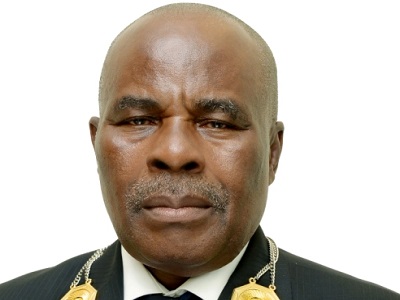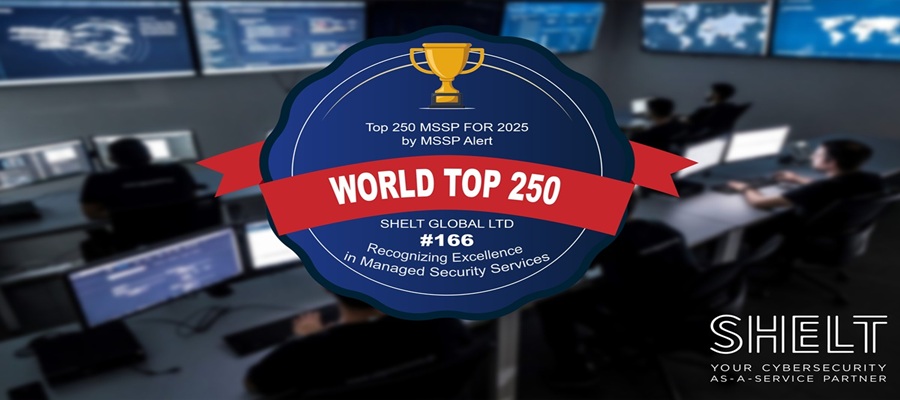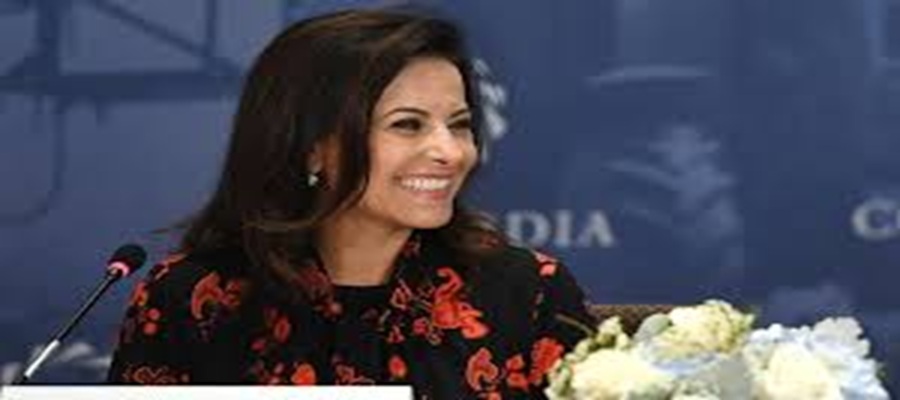Telecom
ITU Telecom World 2012 Attracts Global ICT Leaders

ITU Telecom World 2012 Attracts Global ICT Leaders
ITU Telecom World 2012 is bringing together a uniquely inclusive list of international speakers for five days of constructive dialogue and debate that will centre on “the radical transformation of the ICT industry and the crucial importance of ensuring that connectivity in a transformed world is universal, fair, open and secure”, the world body has said.
High-level delegates from the ICT industry speaking at the event holding from Dubai, 14-18 October, in Dubai include Wim Elfrink, executive VP Emerging Solutions, Cisco; Ulf Ewaldsson, CTO, Ericsson; Eileen Healy, CEO, Healy & Co; John Davies, VP Sales and Marketing, Intel; Sifiso Dabengwa, group president and CEO, MTN; Franco Bernabè, CEO, Telecom Italia; Zheren Ma, Head of Corporate Strategy, Tencent; Alan Braverman, senior executive vice-president, Walt Disney Company; Ashish Srivastava Pallia, chief Enterprise Architect and Head, Wipro Technologies; and Ming Xu, Vice President, ZTE.
“No ICT forum in the world can rival ITU Telecom World 2012 for the breadth, depth and mix of its delegates and speakers,” said, Hamadoun Touré, ITU Secretary-General.
Touré said that “bringing the right people together to discuss the right topics on an open, neutral and equitable platform is the foundation of constructive dialogue and debate. It is only by engaging with diverging opinions, viewpoints and values that fresh perspectives, strategies and policies can be created.”
Participants providing the crucially important perspective of regulatory bodies will include Carlos Andrés Rebellón Villán, executive director, Colombian Communications Regulation Commission; Hessa Sultan Al-Jaber, Secretary-General, ICT QATAR; Eugene Juwah, CEO, Nigerian Communication Commission; Abdullah Al-Darrab, governor, Communication and Information Technology Commission, Saudi Arabia; and Alan Horne, Telecommunications Regulator, Vanuatu.
Thought leaders from consultancies, universities and think-tanks will bring new research, innovative theories and the benefits of cross-sectoral strategies to the round table in Dubai.
Participating in a dynamic series of panel discussions will be Martin Geddes, Founder, Martin Geddes Consulting; Stewart White, CEO, Akhet Consulting; Bruno Lanvin, Executive Director, INSEAD; Suraj Moraje, Senior Partner, McKinsey; Dean Bubley, CEO, Disruptive Analysis; Laina Greene, CEO, GET-IT; and Rob Frieden, Professor at Pennsylvania State University.
An impressive array of representatives from international organizations will feature Andrea Renda, Senior Research Fellow, CEPS; Axel Leblois, President, G3ict; Danielle Jacobs, Chairman, INTUG ; Suleyman Anil, Head, Cyber Defence Section, Emerging Security Challenges Division, NATO; Ali Jazairy, Head of Innovation at WIPO; and Dr Najeeb Al Shorbaji, Director of Knowledge Management and Sharing, World Health Organization.
The truly international nature of ITU Telecom World – and the importance accorded it by governments everywhere – is reflected in the presence of telecommunications ministers such as Stephen Conroy of Australia; Rene Castro of Costa Rica; Kapil Sibal of India; Abdelkader Amara of Morocco; Dina Deliwe Pule of South Africa; Ivo Ivanovski, of the FYR Macedonia; and Anudith Nakornthap of Thailand.
Telecom
Glo Unveils Immersive Gaming Experience, Travel Saga

With the introduction of Travel Saga, a premium, fast-paced gaming experience that is currently live and accessible to customers on its network, Globacom has lifted the bar for mobile entertainment in the country.

Travel Saga is a story-driven, intricately connected role-playing game designed to provide the thrill, complexity, and competitive intensity of some of the most well-known action games in the world.
The game, which has been painstakingly optimized for mobile devices, redefines mobile gaming as a full-fledged digital battlefield by translating a console-grade experience onto data-enabled handsets.
Fundamentally, Travel Saga takes users on quick virtual journeys against recognizable international landscapes. In a dynamic, ever-evolving gaming environment, players are thrown into furious missions, fierce fights, and ever-expanding tales where talent, strategy, and endurance determine who rises through the ranks to become a true war hero.
In addition to the excitement of fighting, users are encouraged to go to various locations, take part in thrilling challenges, and participate in intense competition for in-app rewards like points and victory badges. With each encounter and accomplishment, the immersion increases with each level, maintaining momentum and excitement.
Flexible subscription plans with one-time or auto-renewal choices are available to subscribers for the service, which costs ₦100 per day and ₦250 per week. By dialing *70021#, customers can quickly subscribe and gain instant access to the action.
With Travel Saga, Glo reaffirms its dedication to innovation and high-end digital experiences, making top-notch gaming easily accessible to its customers. The game offers uninterrupted action, adventure, and competition, all smoothly supported by the Glo network.
Telecom
SHELT Named in Prestigious 2025 MSSP 250 List for Cybersecurity Excellence

SHELT, a leading cybersecurity-as-a-service provider, has earned inclusion in the 2025 MSSP 250, the annual ranking of the world’s top 250 Managed Security Service Providers (MSSPs) by MSSP Alert, a CyberRisk Alliance publication.

SHELT
The list evaluates firms on business performance, service breadth, and industry impact, spotlighting those excelling in growth, operational excellence, and advanced managed security amid rising cyber threats. Selection criteria include annual recurring revenue, profitability, workforce expansion, business growth, and the depth of managed security offerings.
SHELT’s recognition underscores its investments in scalable security operations, threat intelligence, and tailored managed services across multiple regions, enabling clients to navigate complex risk landscapes effectively.
“Being recognised in the MSSP 250 is a meaningful milestone for our team,” stated Youssef Abillama, CEO of SHELT. “It validates our focus on building practical, resilient security services that help organisations manage risk and respond effectively to today’s evolving cyber threats.”
The company hailed the honour as testament to its teams’ dedication and expertise worldwide, reaffirming commitment to enhancing capabilities and delivering trusted cybersecurity solutions.
Telecom
Meta Names Ex-Trump Adviser Dina Powell McCormick as President

Meta Platforms, owner of Facebook, has appointed Dina Powell McCormick, a former adviser to President Donald Trump, as its new president and vice chairman, bolstering its leadership amid aggressive AI and infrastructure expansion.

Dina Powell McCormick
The announcement, made on Monday, positions Powell McCormick – who recently stepped down from Meta’s board after eight months – to guide overall strategy, including multi-billion-dollar investments in data centres and global partnerships.
A Goldman Sachs veteran with 16 years in senior roles and prior stints as deputy national security adviser under Trump and in the Bush administration, she brings deep finance and international ties to the role.
Meta CEO Mark Zuckerberg hailed her as “uniquely qualified” for the company’s next growth phase, while President Trump praised the move on Truth Social as a “fantastic choice”.
The hire signals Meta’s efforts to strengthen White House relations, following recent dinners with Trump and U.S. investment pledges worth hundreds of billions

 E-Financial2 days ago
E-Financial2 days agoWema Bank Upgrades ALAT Banking App

 General News2 days ago
General News2 days agoFirm Launches AI-powered Platform to Simplify New Tax Laws

 Telecom2 days ago
Telecom2 days agoX Suspends Twitter Account for Rules Violation

 E-Business2 days ago
E-Business2 days agoStudy Reveals 88.5% of Phishing Attacks Focus on Stealing Account Credentials

 News2 days ago
News2 days agoNigeria, Others Lag Behind as Egypt Tops Africa in AI Readiness

 General News1 day ago
General News1 day agoPalmPay, Premier Cool to Reward 10,000 Nigerians with ₦100m in “10k for 10k Campaign”

 E-Financial1 day ago
E-Financial1 day agoEcobank Joins Trillion-naira Club for the First Time in 20 Years

 E-Business1 day ago
E-Business1 day agoKaspersky Warns Telecom Threats from 2025 will Carry into 2026 as New Technology Adds New Risk















